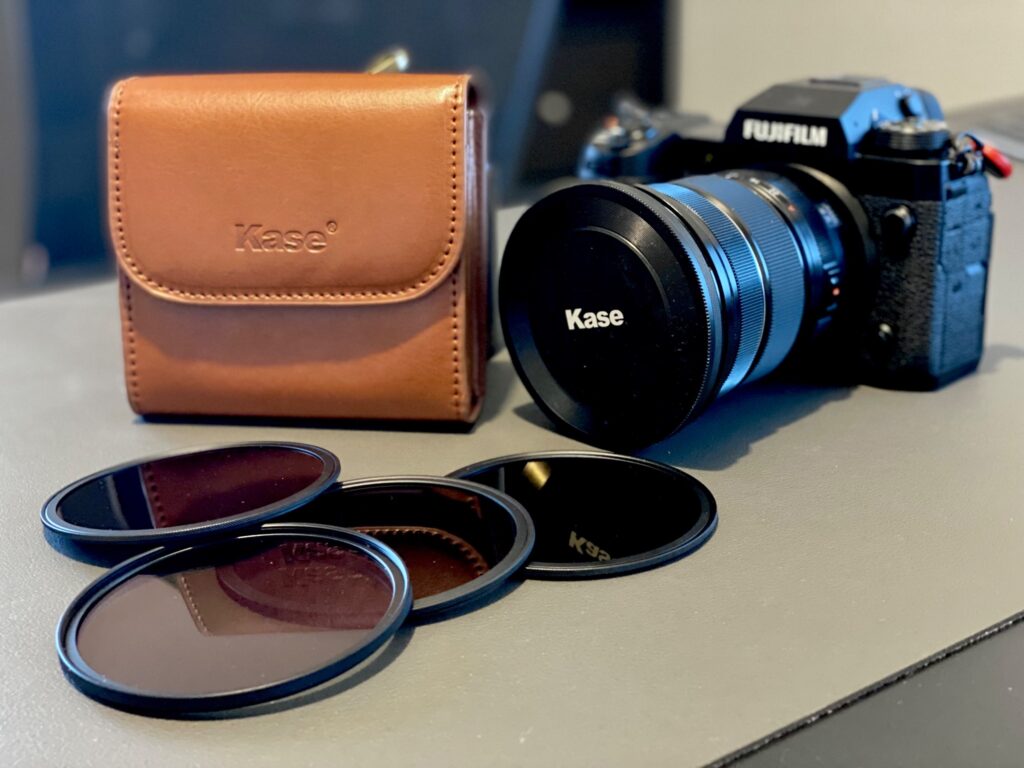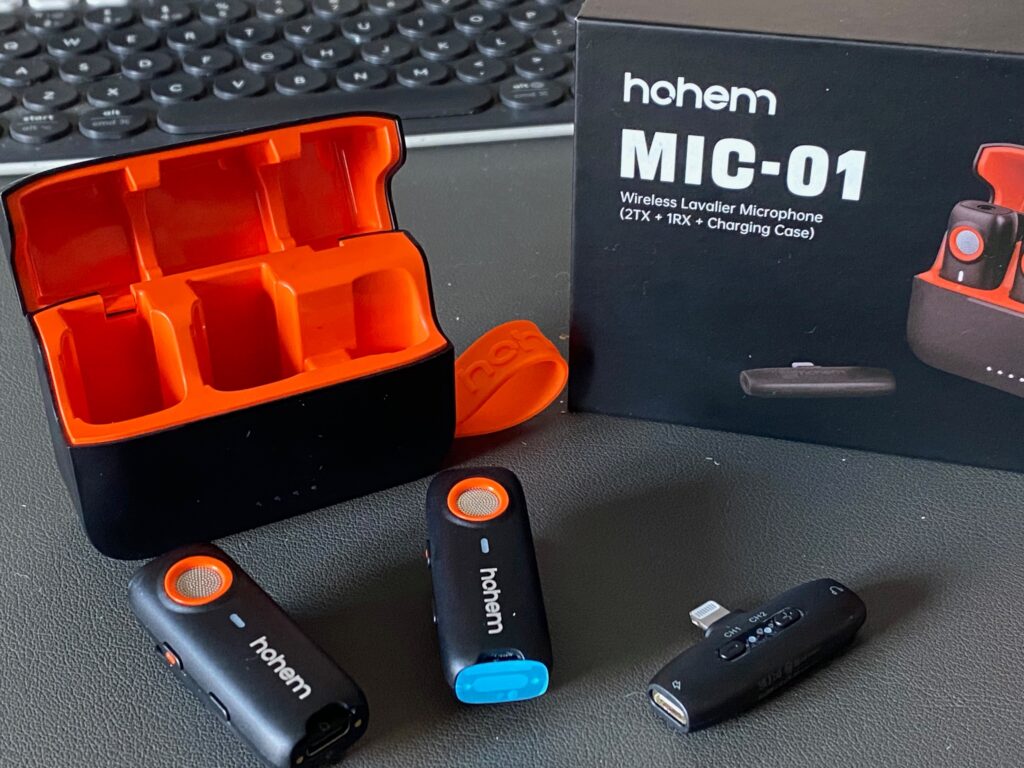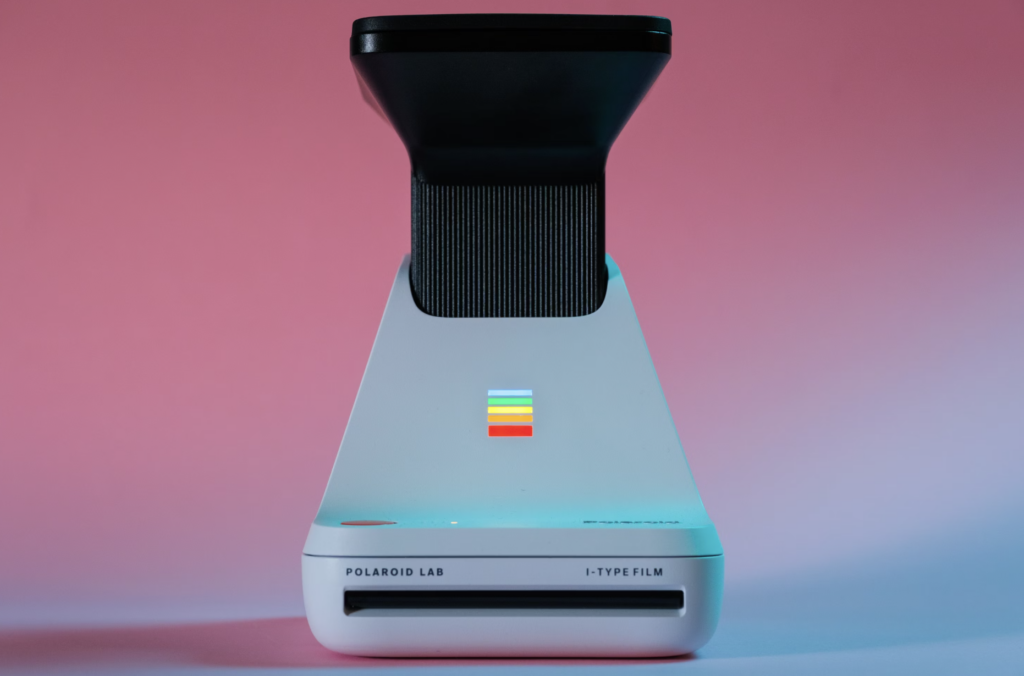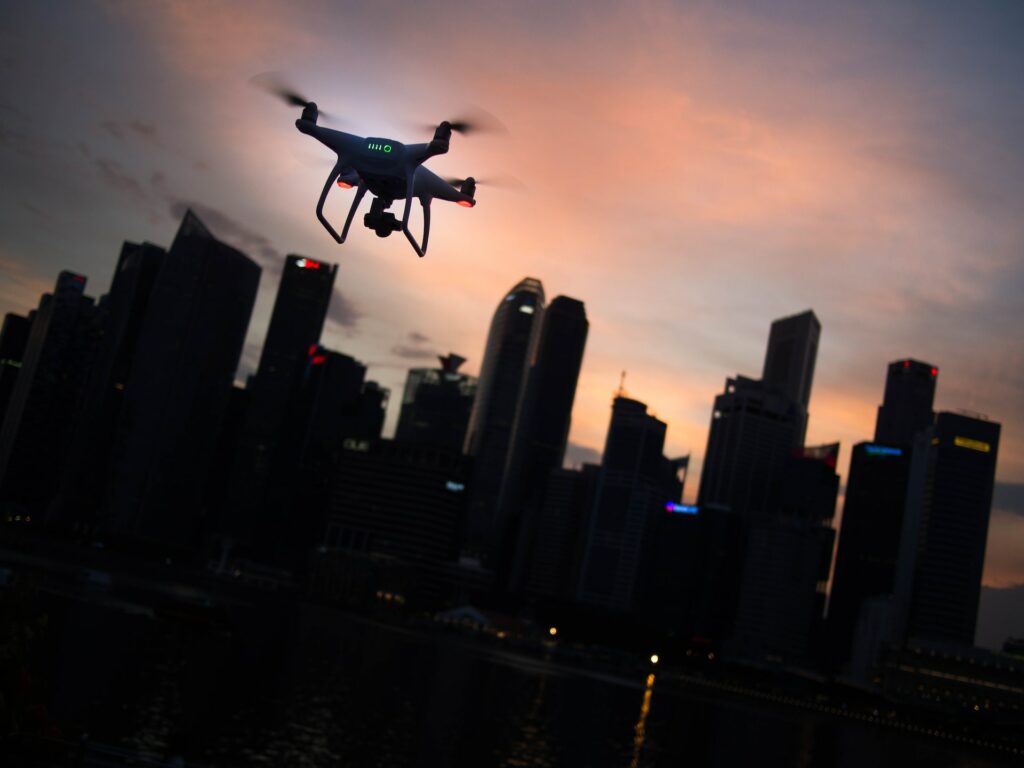If you’ve spent any time on YouTube browsing photography related videos, you’ve probably encountered more than a few titled something like, “Toy Camera vs. DSLR,” or “$200 Camera Versus $2,000 Camera,” or “Budget Camera vs. High-End Camera: Can You Tell the Difference?
I’ll admit to having watched a lot of these videos. Some of them are equal parts entertaining and informative, all of them — deliberately or not — cast into their sea of viewers the same basic question: does gear matter?
The knee-jerk response to that question for some is, “Of course it does!” For others, “Nope, doesn’t matter.”
A more measured response would be, “It depends.”
The Right Tools For The Job
Gear does matter in the sense that you need to work with the tools that are going to give you the results you want.
If you’re a commercial photographer who shoots fashion editorials or advertisements for high-end publications, you obviously require different tools than a street photographer or a photojournalist.
Of course, personal preference comes into play when you’re choosing a camera — you make decisions based on aesthetics and ergonomics no matter what kind of photographer you are.
The look and feel of a camera can certainly inspire you to pick it up and use it. I’m sure many of you reading this have had a camera that just felt perfect in your hand, a camera you couldn’t wait to pick up again after putting it down at the end of a day of shooting with it.
This is a characteristic that matters just as much as the technical details.
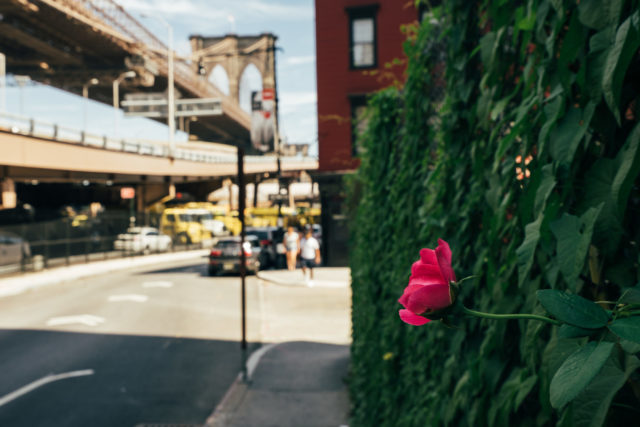
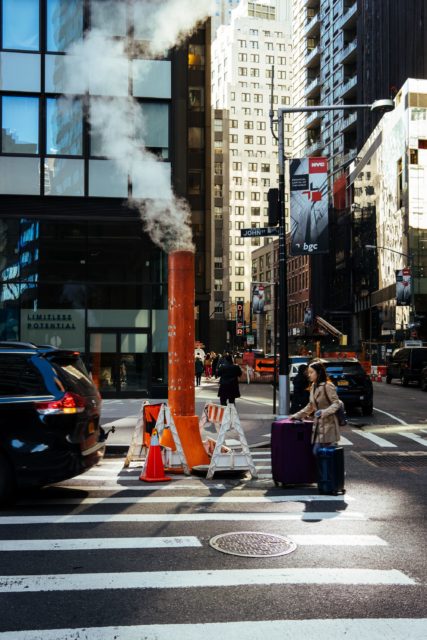
No Substitute For Skill
Having a camera with the fastest autofocus system, the cleanest low light performance, the highest resolution, and the most accurate metering will in no way compensate for a lack of skill or creative vision.
Have you ever known anyone who smugly walks around with their brand new Nikon/Sony/Canon/Fujifilm Mark Whatever with all the new features, yet they can’t seem to make a single interesting photo?
It’s instances such as these that should serve as a reminder of the extent to which gear actually matters. Superior photographers are capable of superior photos even when using inferior gear (though, when looking at this in historical context, it’s laughable to assign the word “inferior” to any modern camera).
Having a camera with 360 AF points rather than 15 AF points may present certain advantages if you know how to use those AF points effectively but, seriously…buying one camera over another just because it has 24 times as many AF points isn’t going to make you better at photography.
A photographer’s vision and ability to compose a compelling frame are skills independent of camera brand, tech specs or price.
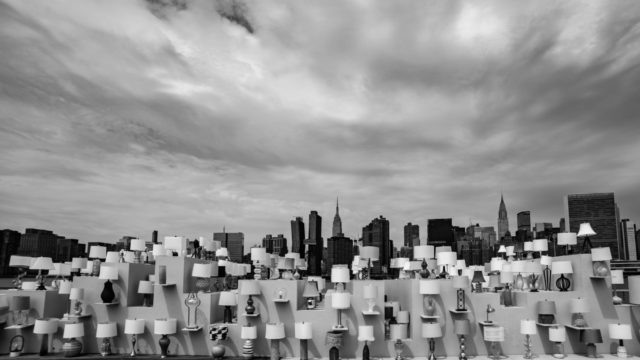
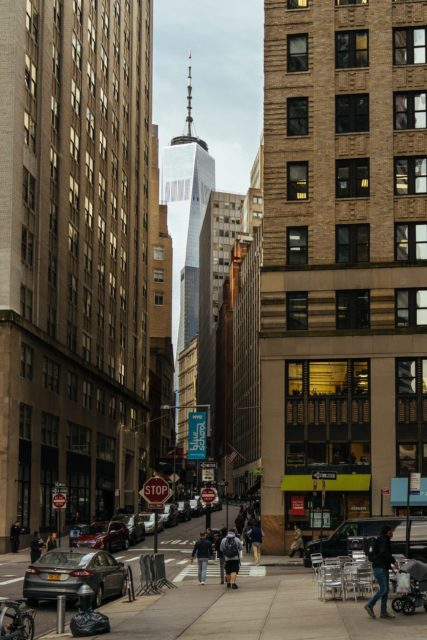
Ask Yourself…
Can your gear do what you need it to do?
If you need to shoot portraits with shallow depth of field and you’re using a mid-range kit lens that only opens up to f/5.6 on the long end, that lens isn’t going to get the job done properly.
You can pick up an 85mm f/1.8 lens for $400 or so, or an 85mm f/1.4 lens for $1800. Does it matter which one? I can’t answer that for you, but I’m quite sure that none of your subjects will look at their portraits taken with the f/1.8 and complain that you should have used the f/1.4.
If your cameras and lenses are fulfilling all your needs, that’s all that matters.
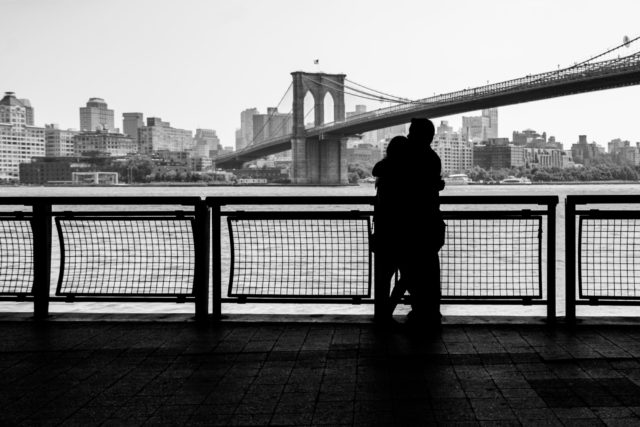
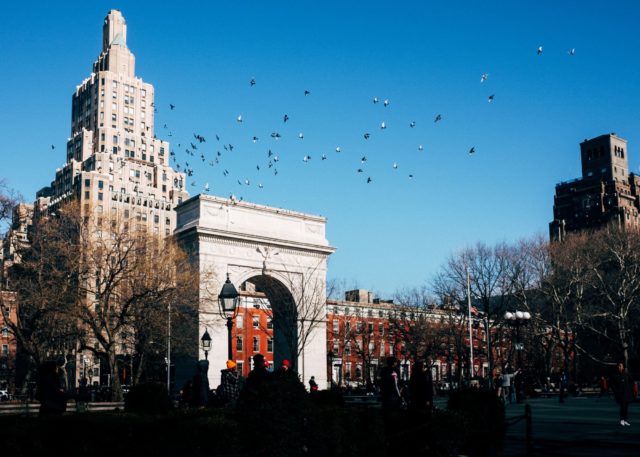
Final Thoughts
I’ve seen photographers create stunning work with DSLRs that are nearly 20 years old (ancient by digital imaging standards; apparently the original Canon 5D still has a place in this world).
The fact that not all photographers are walking around with the identical camera/lens combo proves that gear does matter, just not in the way that some might think.
If your gear is facilitating the execution of your creative vision and you enjoy using it, you’re set. All the time you might otherwise waste fretting over tech specs or hopelessly trying to keep up with impossible upgrade cycle can, instead, be spent actually enjoying photography.

